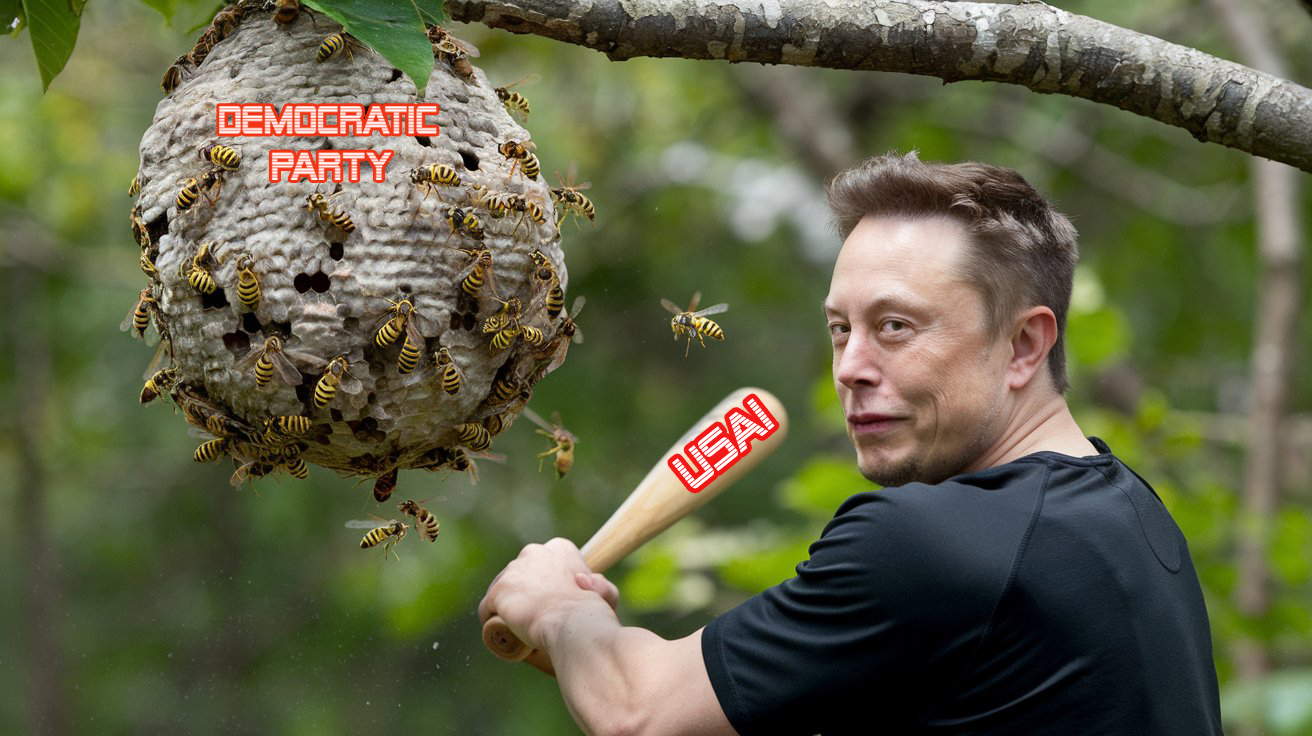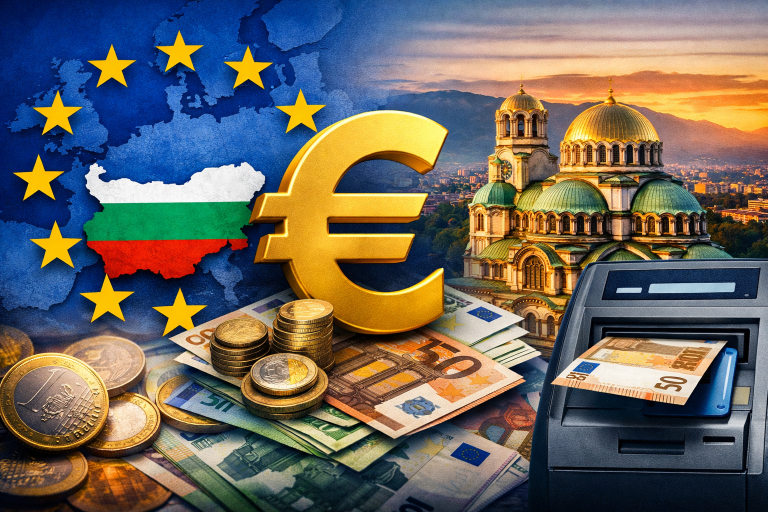
Reimagining USAID: How Trump and Musk Could Transform Foreign Aid
In recent discussions surrounding the U.S. Agency for International Development (USAID), notable figures like Donald Trump and Elon Musk have sparked a significant debate about the future of foreign aid. While their intentions may seem controversial, there are positive connotations that can be drawn from their approach to USAID, particularly in terms of efficiency, innovation, and strategic realignment of U.S. foreign aid.
Efficiency and Streamlining Aid
One of the primary arguments made by Trump and Musk is the need to streamline government operations, including USAID. By advocating for a reduction in bureaucracy, they aim to enhance the efficiency of aid distribution. This perspective aligns with a broader trend in governance where the focus is on maximizing the impact of taxpayer dollars. As Musk stated, the goal is to create a more responsive and agile aid system that can adapt quickly to the needs of recipient countries, potentially leading to more effective humanitarian outcomes.
Innovation in Aid Delivery
Musk’s involvement in discussions about USAID also brings a fresh perspective on innovation. His track record in technology and business suggests that he could introduce new methodologies for aid delivery, leveraging technology to improve transparency and accountability. For instance, the integration of digital platforms could facilitate real-time tracking of aid distribution, ensuring that resources reach those in need more effectively. This innovative approach could set a precedent for future aid initiatives, encouraging other countries to adopt similar practices.
Strategic Realignment of Foreign Aid
Moreover, the push to reassess USAID’s role in U.S. foreign policy reflects a strategic realignment that could benefit American interests abroad. By focusing on countries that are key allies or have strategic importance, the U.S. can ensure that its foreign aid serves not only humanitarian purposes but also national security interests. This dual approach could foster stronger diplomatic ties and promote stability in regions that are critical to U.S. interests.
While the discussions led by Trump and Musk regarding USAID may raise eyebrows, they also open the door to a necessary conversation about the future of U.S. foreign aid. By emphasizing efficiency, innovation, and strategic alignment, there is potential for a more impactful and responsive aid system that benefits both the United States and the global community.





